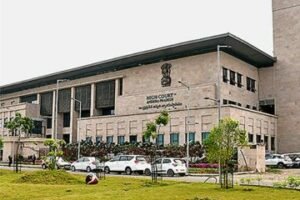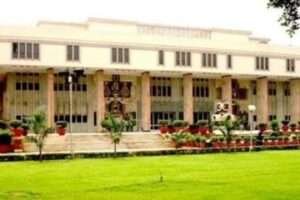Sanction under section 197 CrPC
Case: Indra Devi vs. State of Rajasthan
Coram: Justices Sanjay Kishan Kaul and Hemant Gupta
Case No: [CrA 593 OF 2021]
Court Observation: We have given our thought to the submissions of learned counsel for the parties. Section 197 of the CrPC seeks to protect an officer from unnecessary harassment, who is accused of an offence committed while acting or purporting to act in the discharge of his official duties and, thus, prohibits the court from taking cognisance of such offence except with the previous sanction of the competent authority. Public servants have been treated as a special category in order to protect them from malicious or vexatious prosecution. At the same time, the shield cannot protect corrupt officers and the provisions must be construed in such a manner as to advance the cause of honesty, justice, and good governance. [See Subramanian Swamy Vs. Manmohan Singh].
The alleged indulgence of the officers in cheating, fabrication of records, or misappropriation cannot be said to be in discharge of their official duty. However, such sanction is necessary if the offence alleged against the public servant is committed by him “while acting or purporting to act in the discharge of his official duty” and in order to find out whether the alleged offence is committed “while acting or purporting to act in the discharge of his official duty”, the yardstick to be followed is to form a prima facie view whether the act or omission for which the accused was charged had a reasonable connection with the discharge of his duties. [See State of Maharashtra Vs. Dr. Budhikota Subbarao] . The real question, therefore, is whether the act committed is directly concerned with the official duty.”
“We are, thus, not able to appreciate why similar protection ought not to be granted to Respondent No.2 as was done in the case of the other two officials by the Trial Court and High Court respectively. The sanction from competent authority would be required to take cognisance and no sanction had been obtained in respect of any of the officers. It is in view thereof that in respect of the other two officers, the proceedings were quashed and that is what the High Court has directed in the present case as well.”
[doc id=7317]
Previous Judgment
Power Of Compounding Must Be Expressly Conferred By Statute Which Creates Offence: Supreme Court




